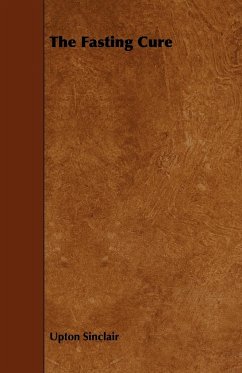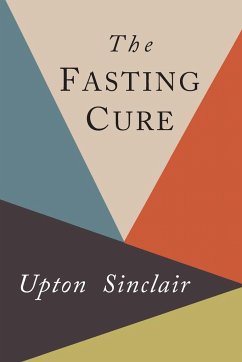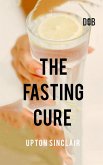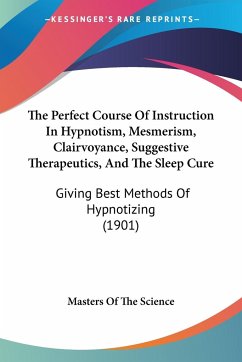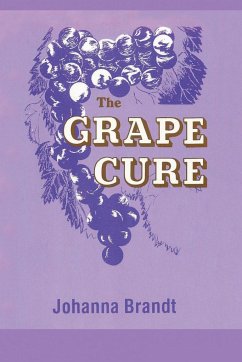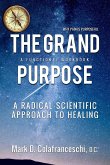This early works is a fascinating look at Fasting and its effects with much of the information still useful and practical today. Contents Include; Perfect Health, Some Notes on Fasting, Fasting and the Doctors, The Humors of Fasting, A Symposium on Fasting, Death during the Fast, Fasting and the Mind, Diet after the Fast, and, The Use of Meat. Also included in the appendix are; Some letters from Fasters, The Fruit and Nut Diet, The Rader Case, and Horace Fletcher's Fast.... Many of the earliest books, particularly those dating back to the 1900's and before, are now extremely scarce and increasingly expensive. We are republishing these classic works in affordable, high quality, modern editions, using the original text and artwork.
Hinweis: Dieser Artikel kann nur an eine deutsche Lieferadresse ausgeliefert werden.
Hinweis: Dieser Artikel kann nur an eine deutsche Lieferadresse ausgeliefert werden.

